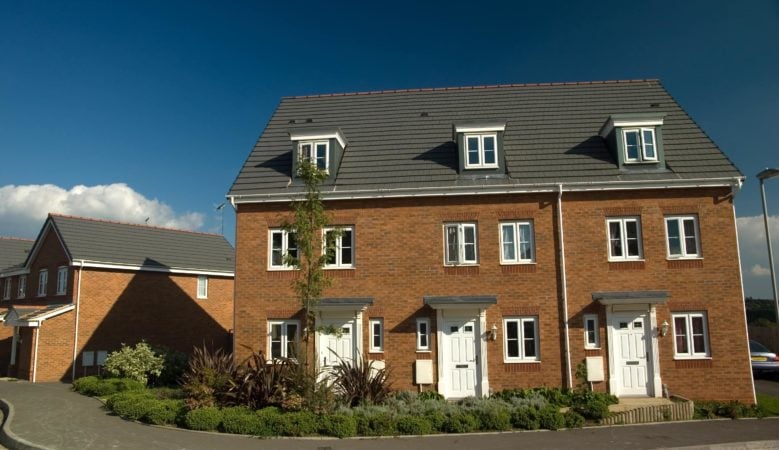More landlords in the UK voted to stay in the EU than leave, poll shows

More than half of landlords in the UK voted to remain in the European Union and are more likely to see Brexit as a threat than an opportunity, according to a new poll.
Some 52% said they voted to stay in the referendum in June 2016 while 43% wanted out of the EU and the rest didn’t vote, according to the survey by Intus Lettings.
They survey also found that 27% of landlords consider Brexit to be a threat to the buy to let market, while 22% see it as an opportunity and the rest aren’t sure.
When it comes to the impact of Brexit on the demand for rental property in the UK, some 38% think it will have do so. Some 12% think it will lead to increased demand, 12% believe demand will shrink and 41% that it will stay the same, with the remained unsure.
A breakdown of the figures show there was a regional variation just as there was with the main vote. In the North West 54% of landlords voted to leave, as did 53% in the East Midlands and 52% in the South West.
The most optimistic landlords according to the poll are those in the North East, with 38% landlords there viewing Brexit as an opportunity for the market, while London landlords are the least hopeful with 39% thinking Brexit is a threat.
According to Hope McKendrick, lettings manager at Intus Lettings, it is likely that concerns around freedom of movement and the rights of EU nationals living in the UK influenced the way landlords votes as these citizens making up a substantial proportion of renters in the UK.
‘It is still unclear how the buy to let market will fare post-Brexit, but one thing that is for certain is that it hasn’t shaken the industry quite as dramatically as expected. There is still a lot of appetite for buy to let properties among investors and the private rented sector continues to grow,’ McKendrick explained.
‘As long as landlords do their research and choose the right type of property in the right area, they can still expect to generate substantial yields for years to come,’ McKendrick added.




